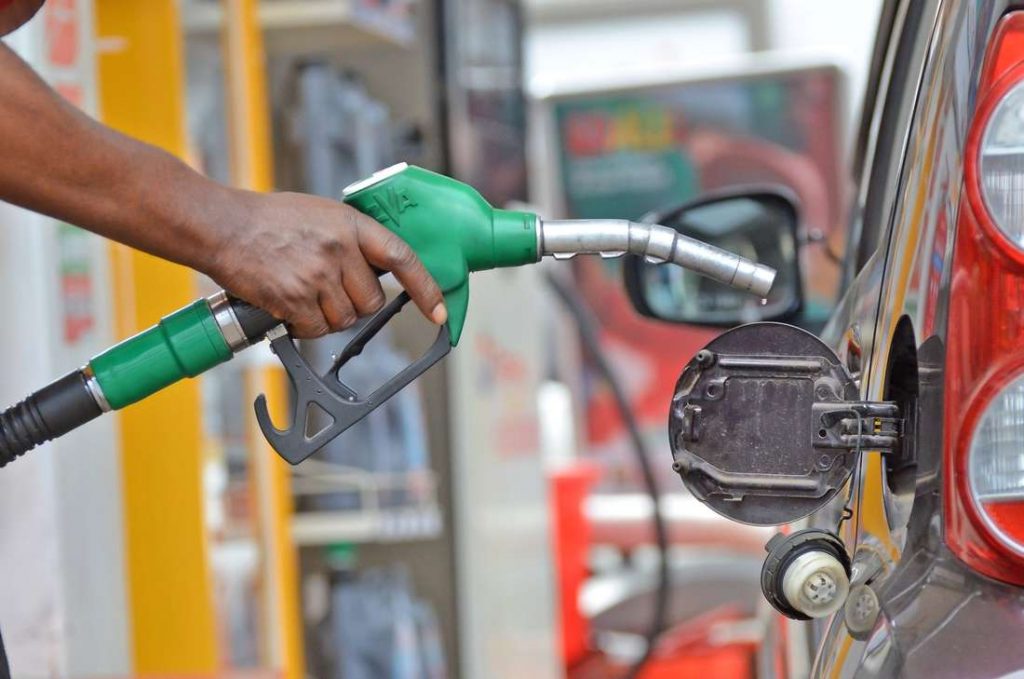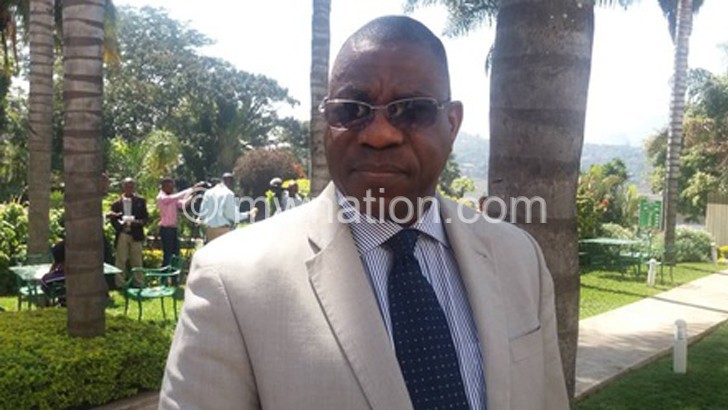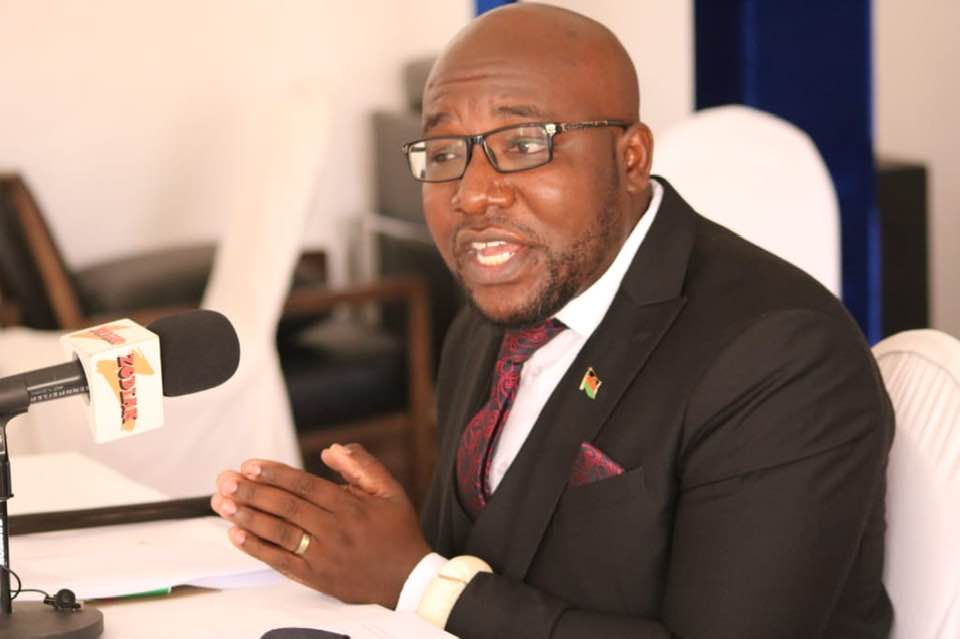Mera board absence stirs panic
The absence of Malawi Energy Regulatory Authority (Mera) board of directors has stirred panic and drawn mixed reactions from industry experts as well as consumers who fear the situation will impact on fuel price adjustments.
The sentiments, expressed in separate interviews with The Nation at the weekend, followed an update on landed costs of fuel which Mera issued on March 7 2022 pointing to a fuel hike. However, Mera said no decision can be made based on the fundamentals due to the absence of the board of directors.

Mera board of directors resigned on February 27 2022 ahead of a scheduled hearing by the Public Appointments Committee of Parliament following a request from Secretary to the President and Cabinet Zanga-Zanga Chikhosi for their removal due to alleged poor handling of the recruitment of chief executive officer (CEO) Henry Kachaje.
In an interview on Saturday, Consumers Association of Malawi (Cama) executive director John Kapito described the situation as unfortunate and asked government to speed up the appointment of a new board to avoid a situation where fuel prices will be adjusted by a huge margin.
He said: “This is a difficult time for Mera, oil marketers and consumers as we are all aware and have been informed by the regulator itself that fuel prices have gone up but cannot be effected due to the absence of the board.

“Unfortunately, as consumers, there is very little we can do as this is the second time in Mera’s history when it has gone for a long period without a board.”
Kapito said as things stand, the market is being dictated by speculation regarding the fuel prices which is pushing up prices of goods and services without justification.
But in a separate interview on Sunday, former Electricity Supply Corporation of Malawi (Escom) CEO Kandi Padambo differed with Kapito, saying the absence of the Mera board would not have an adverse impact on fuel prices.
He said: “For statutory organisations, Mera included, there are times or interludes when there are no boards due to various reasons such as when terms of board members have come to an end and a new board has not yet been appointed.
“In such circumstances, management makes its recommendations to the responsible ministry which has to make a decision.”
Padambo said in the case of Mera’s current situation, the energy regulatory body’s management would be expected
to make recommendations to the responsible ministry where decisions have to be made and implemented stressing that
operations should not come to a standstill.
He said where economic fundamentals are involved, an automatic price adjustment formula should ideally be put in
place and that if the threshold that triggers a price change has been reached, management has to bring it to the attention of
the parent ministry as it would have done to its board if it was in place.
But Padambo said it is important that a new board be constituted for the sake of good corporate governance.
Mera consumer affairs and public relations manager Fitina Khonje said while the board remains the authority responsible
for making a range of regulatory decisions, government is aware of the importance of the energy sector and the board’s mandate, as such, Mera hopes that a new board will be constituted soon.
Minister of Energy Ibrahim Matola said in an interview on Sunday that a new board will be reconstituted soon, further acknowledging that Mera cannot make any decisions on the fuel price adjustments.
In its update on March 7 2022, Mera indicated that key factors that affect landed costs of petroleum products, including free-on-board (FOB) prices of refined petroleum products on the international market and the exchange rate of the kwacha against the dollar have been increasing.
According to the update, since the establishment of the ruling maximum prices in October 2021, the landed costs of petrol, diesel and paraffin have increased by 16.16 percent, 24.67 percent and 24.71 percent, respectively.
In the past four months, Mera has maintained pump prices after an assessment of the effect of the movement of FOB prices, the kwacha exchange rate against major trading currencies and changes in local factors.






One Comment